“What Are the Requirements to Be a Dental Hygienist in Pennsylvania?” is often their first question when making their career selection decision in Pennsylvania.
This post will outline all that it takes to become one in this Rewarding profession.
Table of Contents
What Are the Requirements to Be a Dental Hygienist – Educational Requirements
When asked, “What are the requirements to become a dental hygienist in Pennsylvania,” education must take precedence.
Prospective dental hygienists in this state must obtain an associate degree in dental hygiene from an approved institution.
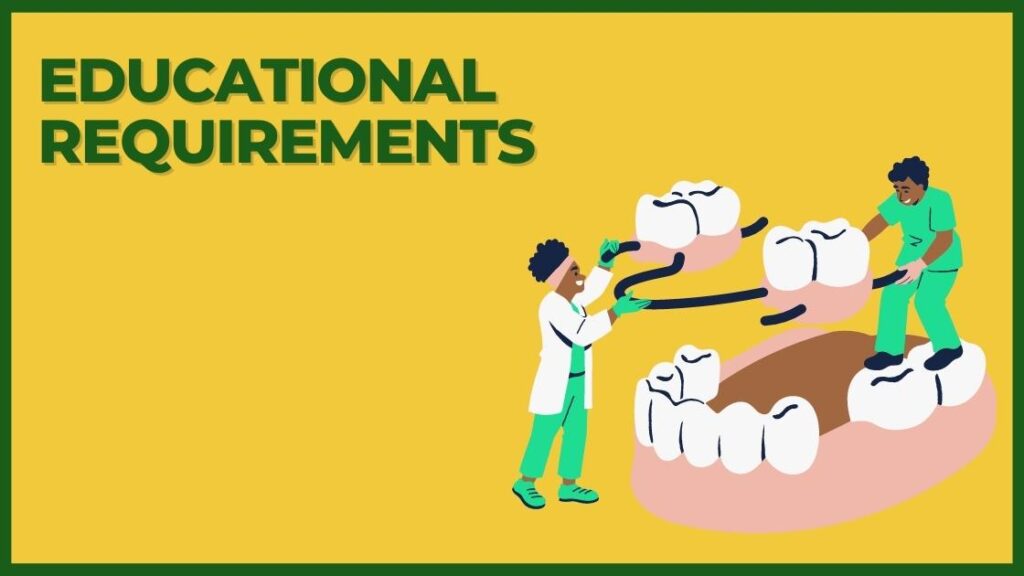
These programs typically last three years to complete and cover topics like anatomy, pathology, medical ethics, periodontics and radiology – in addition to providing clinical experience under supervision.
Some individuals may choose to pursue further education by earning either a bachelor’s or master’s degree. Although these degrees aren’t necessary for entry-level positions, advanced degrees may open doors into research, teaching and administrative roles within dental hygiene.
Licensing Requirements
To understand what are the requirements to become a dental hygienist, one of the primary factors should be licensing requirements.
After earning their degrees, candidates must pass the National Board Dental Hygiene Examination; an exhaustive written test covering an array of dental hygiene-related subjects.
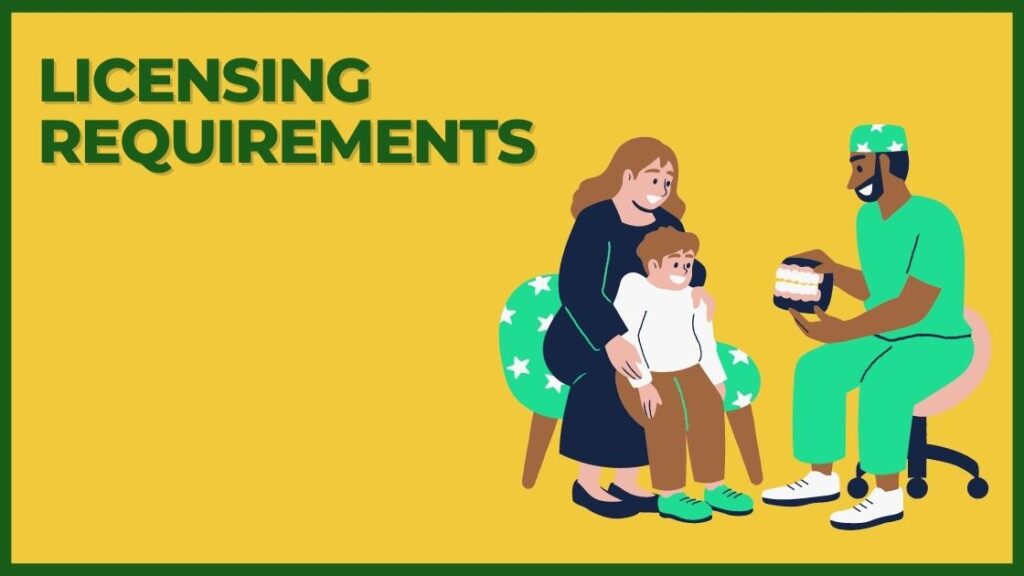
Pennsylvania dental hygienists must also pass either a state or regional clinical exam such as North East Regional Board (NERB).
After passing, candidates apply to become licensed through Pennsylvania’s State Board of Dentistry so they may legally practice within its borders.
Clinical Skills and Knowledge
As part of our quest to determine “what are the requirements to become a dental hygienist”, it’s necessary to evaluate all necessary clinical skills and knowledge required of dental hygienists in Pennsylvania.
They should possess expertise in performing various procedures like teeth cleaning, applying sealants or fluorides, taking and developing dental x-rays as well as conducting patient assessments.
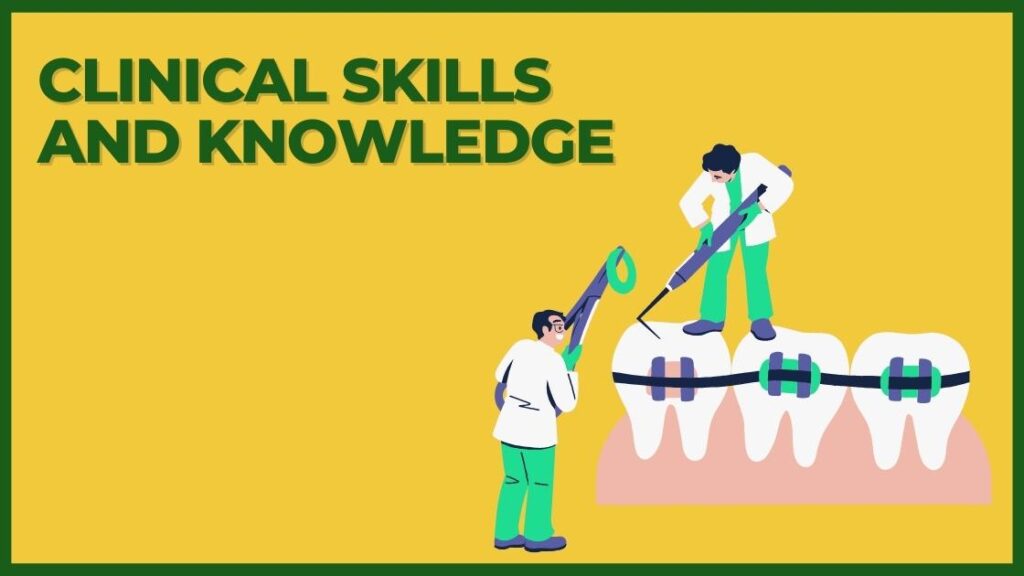
Additionally, they should possess knowledge regarding oral diseases, preventive dental care and nutrition to educate their patients on maintaining good oral health.
Communication and interpersonal skills are also indispensable as they interact directly with dentists, patients and dental staff members.
Continued Education
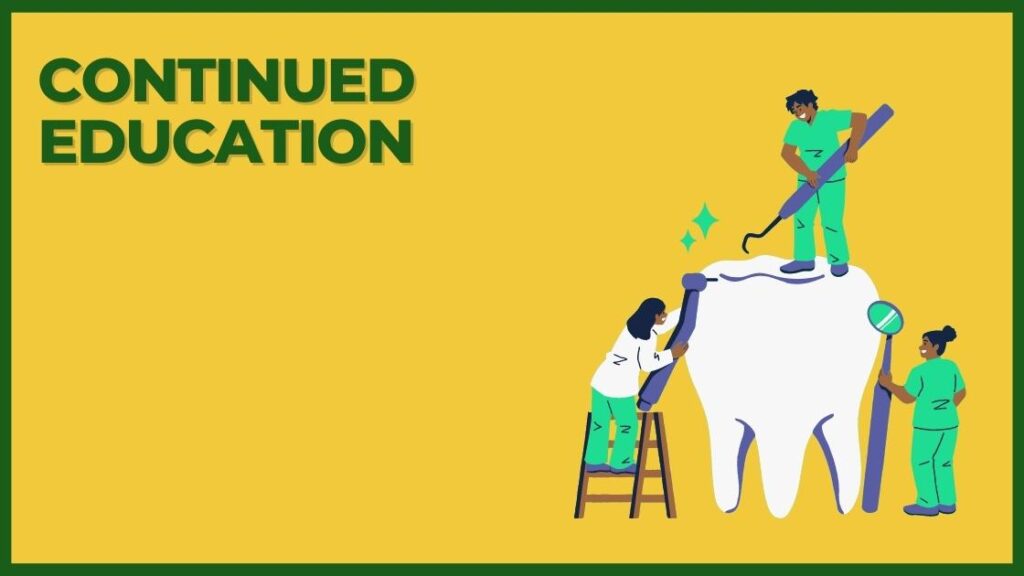
The path to becoming a dental hygienist doesn’t end once you’ve obtained your license; in fact, answering the question, “What are the requirements to become a dental hygienist in Pennsylvania?” involves a commitment to ongoing education.
In Pennsylvania, dental hygienists are required to complete 20 hours of continuing education courses every two years to maintain their licensure. This ensures that they are up-to-date with the latest advancements in dental care, enabling them to offer top-notch services to their patients.
These continuing education courses serve as a platform for dental hygienists to stay informed about the latest research and technological advancements in the field.
This commitment to lifelong learning ensures that they are well-equipped to provide the highest level of care to their clients, thereby enhancing both their professional development and the overall quality of dental health services.
Professional Ethics and Responsibilities for Employees in Business Services.
The answer to the question “what is the minimum requirements to be a dental Hygienist” requires considering ethical standards and obligations.
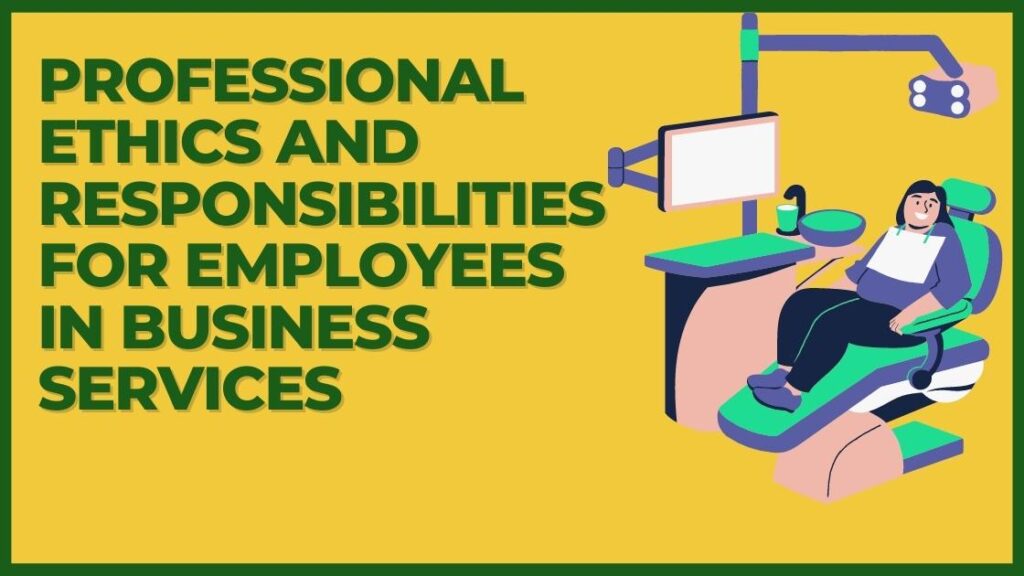
Dental Hygienists in Pennsylvania must abide by a code of ethics which promotes patient confidentiality while upholding professional standards and adhering to an ethics code of practice that protects both confidentiality of care provided without discrimination against certain populations as well as upholds professional ethics in general.
Dental hygiene programs also bear responsibility to advance oral health within their communities and contribute to improving public dental hygiene.
As discussed previously, becoming a dental hygienist in Pennsylvania involves satisfying educational and licensing requirements, developing practical skills, adhering to continuous learning plans, upholding professional ethics and obligations and upholding professional responsibilities – it’s certainly not easy, but can prove very fulfilling for those passionate about improving oral health and patient well-being.


